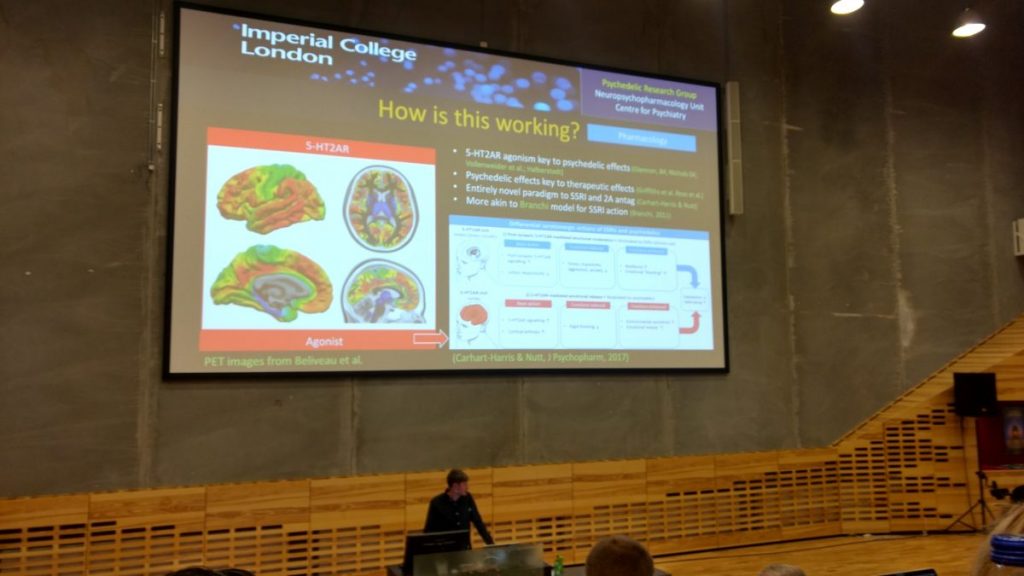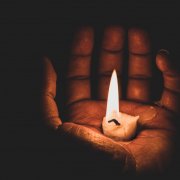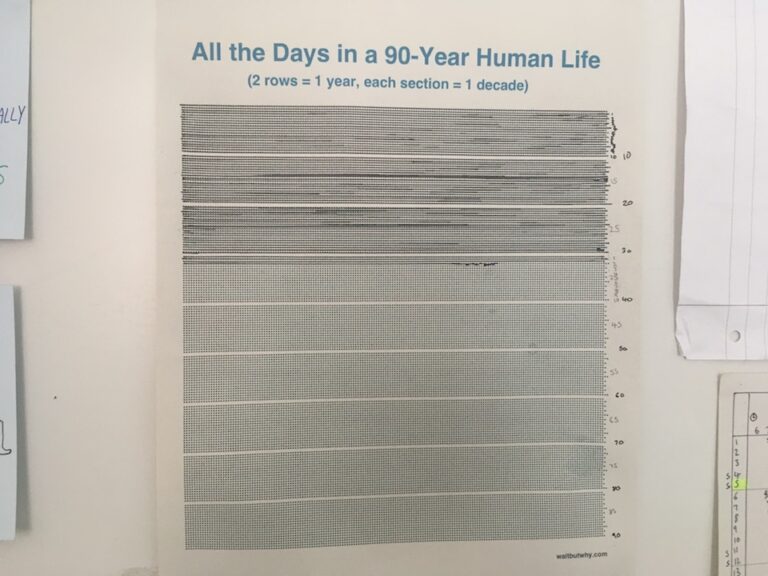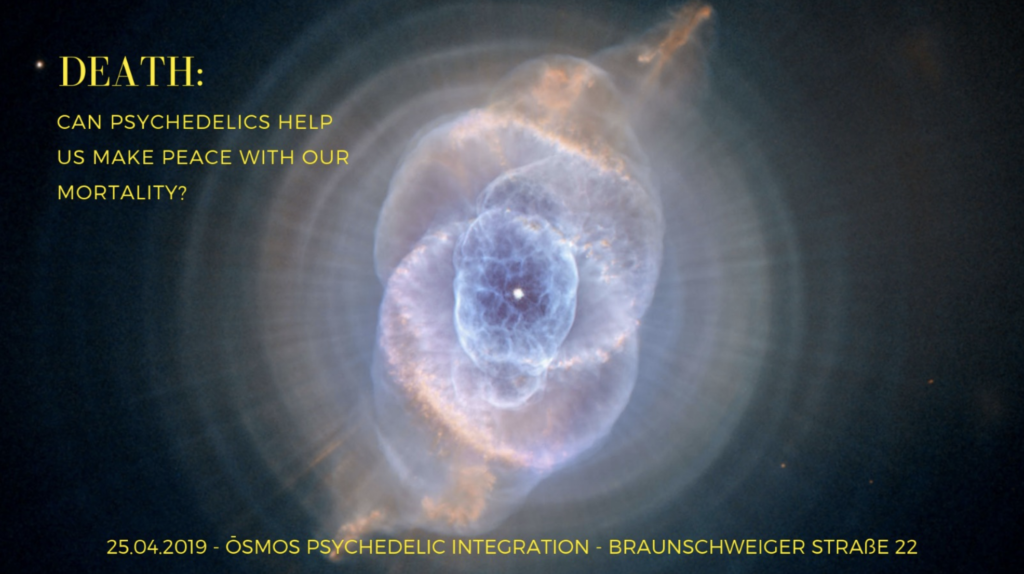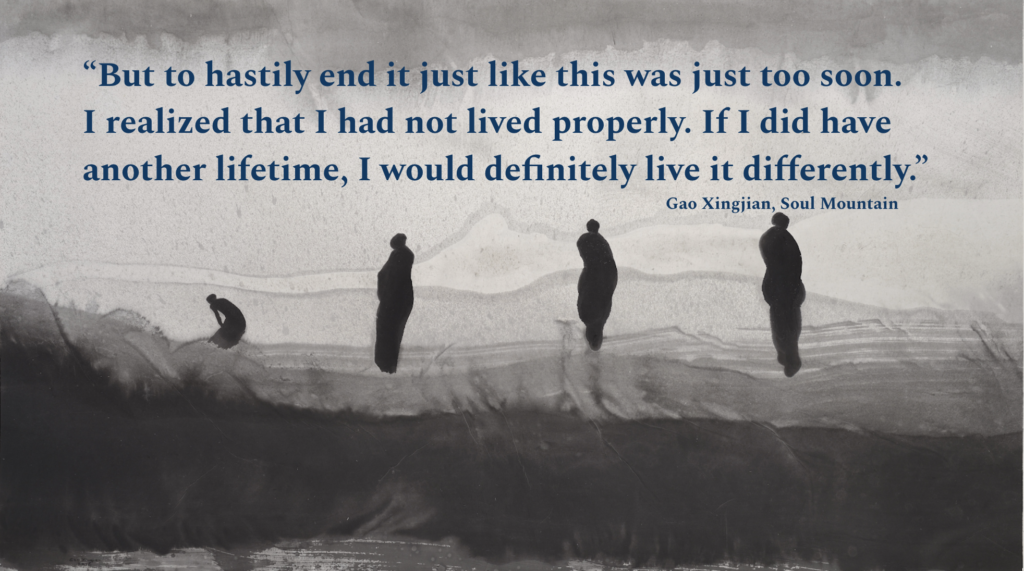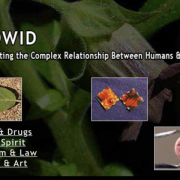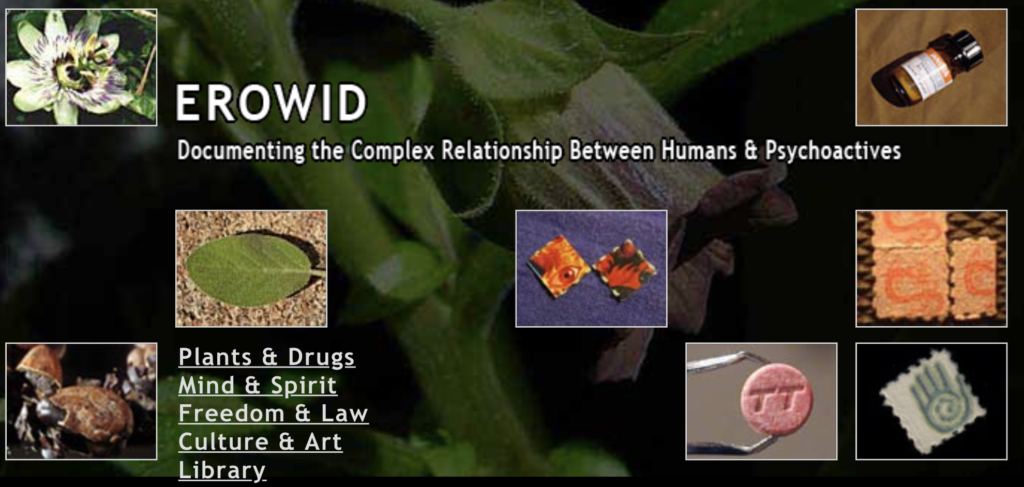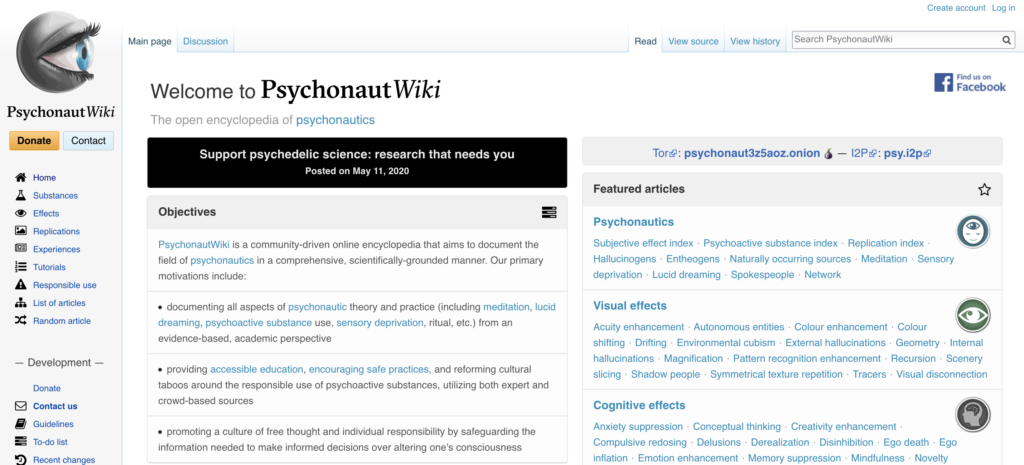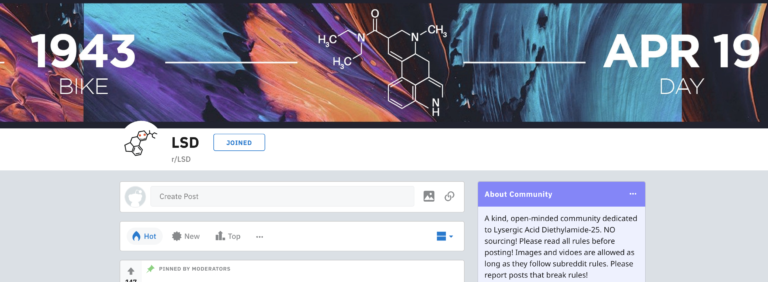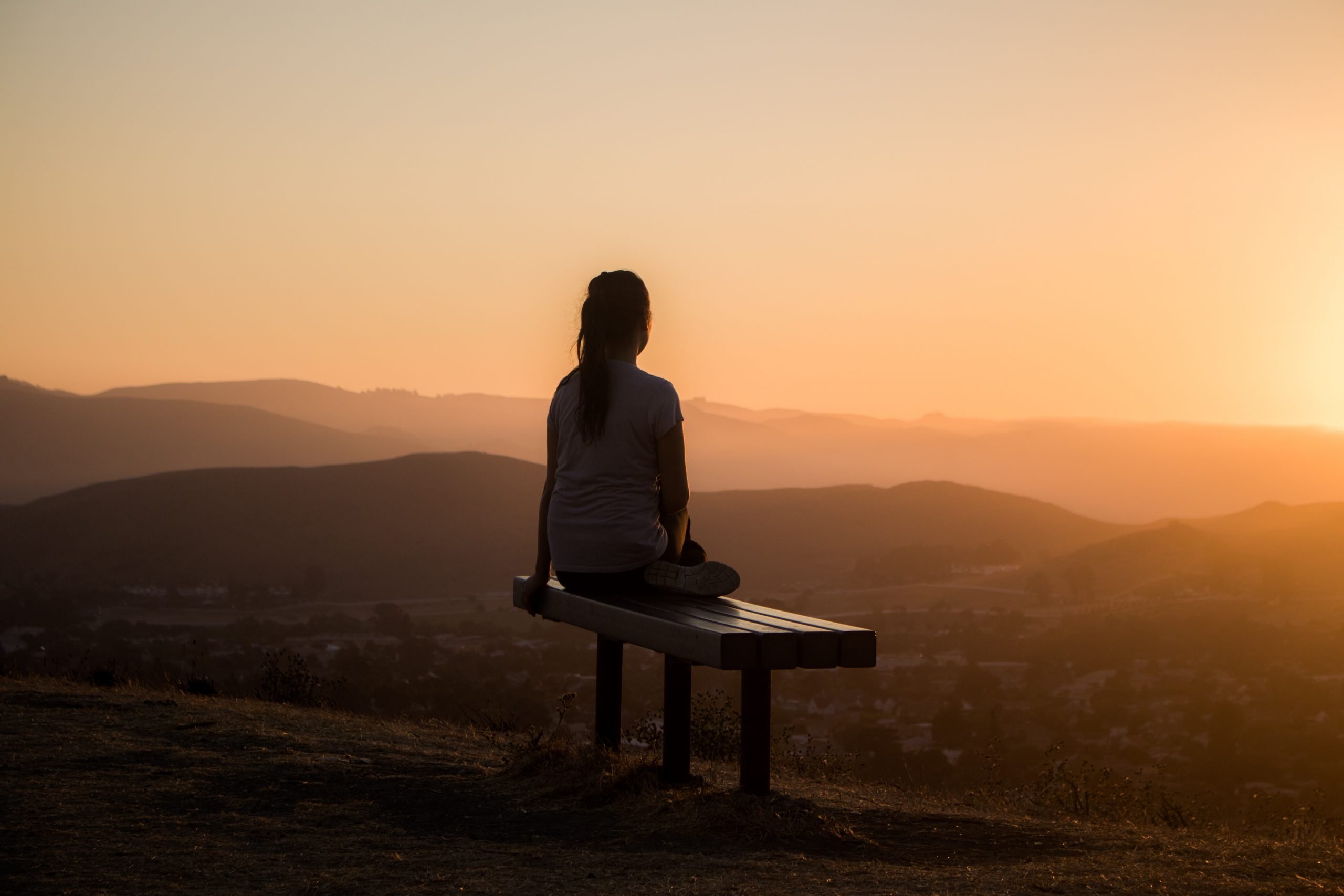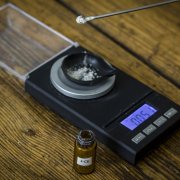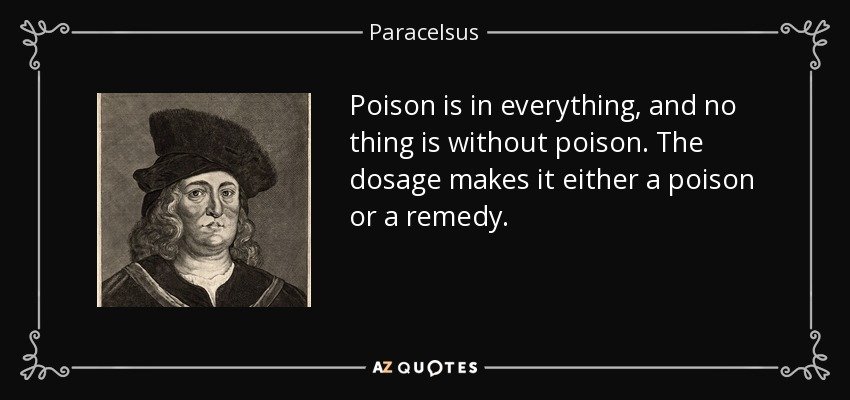Psychedelics are not an integrated part of our culture in the West and as such they can be difficult to talk about. There is still social stigma attached to the topic, and even though they are increasingly gaining credibility and acceptance, they are still in many ways taboo.
How easily and openly you can talk about psychedelics of course depends on who you are talking to. If you have a very open minded friend then perhaps it is no problem to speak with them about your interest or experience with psychedelics. However, if you come from a conservative background then it may be very difficult to speak about with family members and even bringing up the topic might start ringing alarm bells.
Selective Sharing For Integration
When it comes to a successful integration of your experience, selective sharing is an important point. Just as you have certain friends that you might speak to about certain things like music or philosophy, in the same way you probably have friends that would be more open and receptive to the topic of psychedelics.
Choose carefully who you will share your experience with and how much you will share. The experience can lose some of its magic if not held properly by the listener. A highly skeptical or even mocking response can really dampen what was a very personally meaningful experience and detract from it’s power to catalyze positive change in your life. In some cases it may even cause you to doubt what you experienced and and be encouraged to brush it off as nothing more than a weird drug experience.
Know Your Crowd
Selective sharing should also take into account which aspects of your experience you choose to talk about. If you had a spiritual experience and you have a friend who is very firm in their material mechanistic worldview, then it may not be worth speaking to them about the spiritual aspects of your experience or connecting with the divine. Most likely it will be written off and rationalised by someone who at the end of the day did not experience what you experienced. However, you may be able to speak to that same friend about some of the positive changes you have felt since the experience. You could talk about how you feel or think differently and can even reference some of the science which has shown the changes that happen in the brain. Referencing some of the scientific research that has been done may provide a perspective on the experience that your friend will more readily trust.
With this in mind it may not be that with some friends you can speak about psychedelics with and others not. It is more a case of choosing how you speak about psychedelics with each individual.
Opening a Conversation
A good entry to a conversation about psychedelics is to ask a question. Rather than opening up with “I had an amazing experience last weekend on LSD“ you could open up with:
- “did you ever try LSD?“
- “did you have any experience with psychedelic drugs?“
- “do you know anything about psychedelic drugs?“
Entering into a conversation this way is a good way of putting the feelers out. You can get a gauge on persons perspective without commiting yourself to anything and can proceed accordingly in the conversation. If it seems like you do not want to go any further you can say “oh I just read something interesting about it the other day and it got me quite interested.”
Choosing a time to share
If there is someone who you would really like to speak to but are afraid of their response, try to choose a time when they are in a more open and less judgemental state. Generally if someone opens up or shows a vulnerability to you then they will be in a more open frame of mind. Another good sign is when they are really listening to you and asking questions that come from a place of curiosity rather than challenge.
Shifting the landscape through conversation
Talking about psychedelics is an important part of shifting the cultural conversation around the topic and moving the psychedelic movement forwards. With that in mind I would like to share a quote from my friend and Altered founder Dax DeFranco from an interview I did with him back in 2017:
“I think the most important thing is to use and talk about them in an honest way. There’s a lot of talk about ‘coming out of the psychedelic closet’ – like I mentioned before, when you’re the only person who’s experimented with x, it’s hard to talk about it or make it a part of your identity, but the more people that do, the less pressure and fear others feel to identify that way. I think the simple act of being a psychedelic person who’s honest about being a psychedelic person is extremely powerful.”


